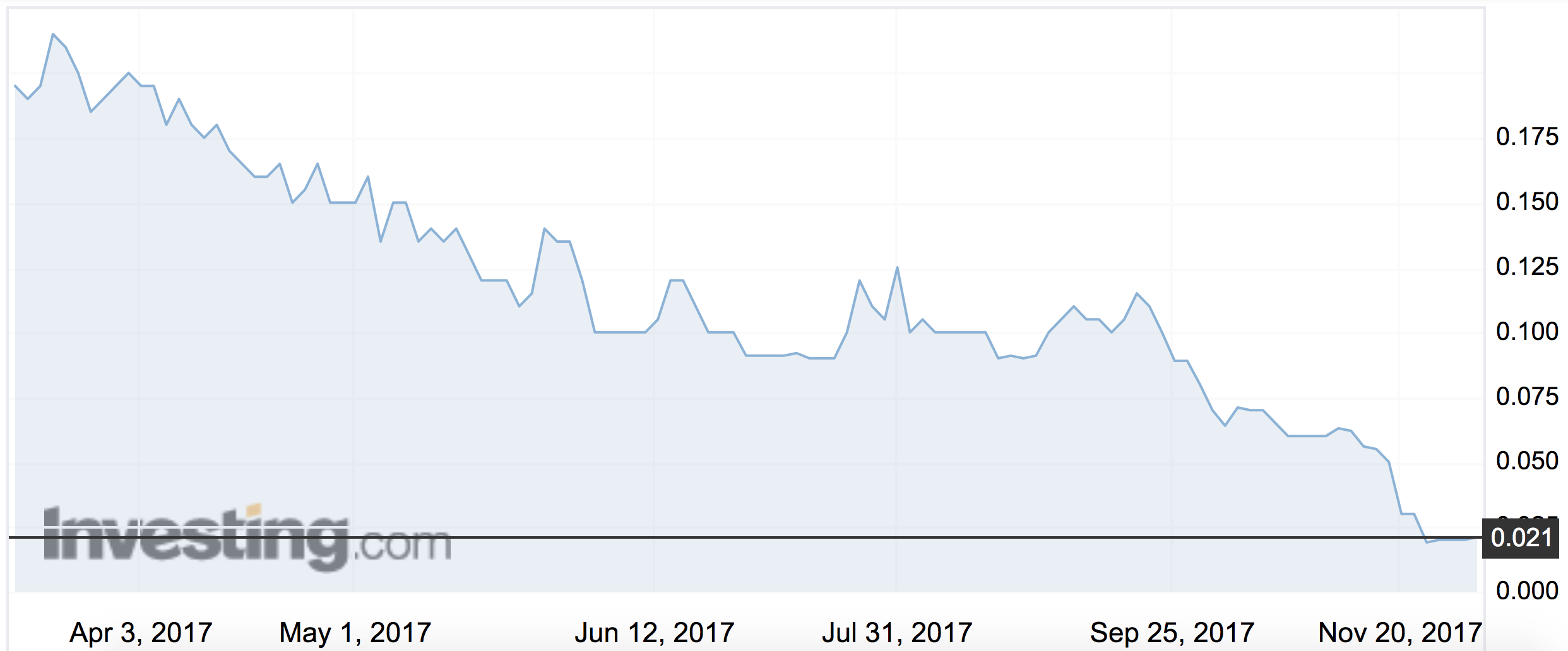ASX asks ServTech whether it does monthly accounts after staff cost blowout

The ASX has asked a software-as-a-service company whether it keeps monthly accounts, after a proposed two-year staffing spend blew out by millions of dollars just months later.
ServTech (ASX:SVT) listed in March. Its prospectus estimated staff costs to be $3.5 million over two years, and total costs to be $6.5 million.
Five months later at the end of September, its staff bill had blown out to a three quarter total of $10.5 million.
“Does the Entity prepare monthly financial statements (“Management Accounts”)? If not, please explain why not,” the ASX asked in the first of 16 questions.
It followed up by asking whether the accounts contained information necessary to determine net operating cashflows and whether the board met each month.
Question four quizzed them on whether staff costs as high as $10,547,000 over the first three quarters might be information that could have a material effect on the value of its shares.
And question nine asked whether the proposed spending for the fourth quarter — $5.8 million — equal to 90.1 per cent of the company’s proposed spending for 2017 and 2018, might also be material information.
The full response and query letter can be found here.
ServTech issued shares at 20c, but they quickly headed south. The company suspended it shares in December, last trading at 2.1c.

We’re fixing the problems
ServTech fired back in an equally lengthy 13 page response.
It said not only did its IPO documents clearly show that it was a lossmaking business, but its operations were too young to be able to make the kind of claim, which it did in March in an updated statement of commitments, that revenue generated would provide sufficient working capital to achieve its objectives.
ServTech said on Wednesday that the estimated expenses in the prospectus were actually only ever for a six to nine month spend.
The prospectus, however, did say those figures were for “the two year period following admission”.
It said $6.9 million of its staff cost was actually flow-through income paid to agents in a real estate subsidiary — money it didn’t consider to be staff payments because “the agents are employees in name only and not economic substance”.
ServTech admitted that four months after listing they realised they weren’t growing as expected and conducted a review — property consultants weren’t hitting revenue targets, sales yields-per-agent were falling, among other issues.
The board decided they needed a cash injection and sold the property management rent roll business, which it announced had gone for $1.5 million in September.
Except by November, it became clear they were never going to get that price. The company went into suspension for three weeks.
Another review discovered that the transfer of ownership of the properties under management by the rent roll business hadn’t happened: “a significant proportion of property owners decid[ed] not to sign transfer agreements”.
The company is now investigating how this happened.
In December, ServTech was able to sell three of its seven subsidiaries, Sell Lease Property, Complete Settlements, and Value Finance, for up to $950,000 in cash.
It also secured a $1 million loan.
UNLOCK INSIGHTS
Discover the untold stories of emerging ASX stocks.
Daily news and expert analysis, it's free to subscribe.
By proceeding, you confirm you understand that we handle personal information in accordance with our Privacy Policy.








